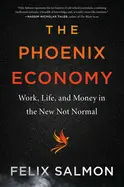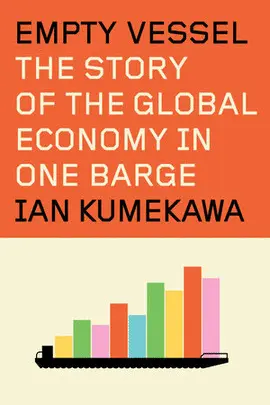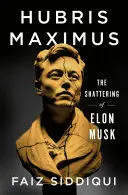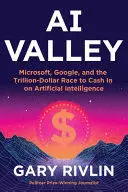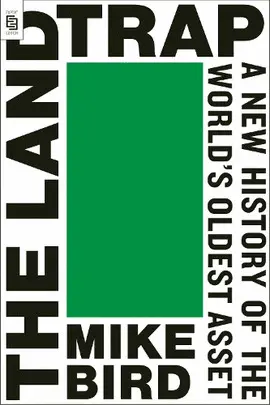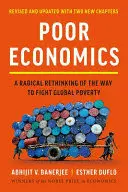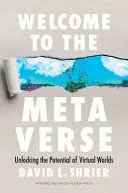An award-winning journalist presents a tour-de-force analysis—drawing from history, economics, sociology, and popular culture—of the profound and transformative years of the early 2020s, both for individuals and for the global economy.
We are living in a strange world—Salmon calls it "the New Not Normal." The Phoenix Economy explores the ramifications of the pandemic years, many of which are surprisingly positive. In doing so, Salmon makes sense of one of the most disorienting and devastating events of our lifetimes. He examines the critical aspects of our lives that have been transformed in three parts: Time and Space, Mind and Body, and Business and Pleasure.
Salmon's keen observations, on everything from meme stocks to lobster rolls, are backed by a deep understanding of financial markets and the quirks of human behavior. His clear-eyed perspective on human and economic events, combined with his considerable analytical and observational skills, make The Phoenix Economy an insightful, fast-paced read.
This book is essential for anyone wanting a better understanding of the near- and long-term effects of this new era and what they portend for our lives. It's a penetrating insight into what happened—and, more important, what lies ahead.


